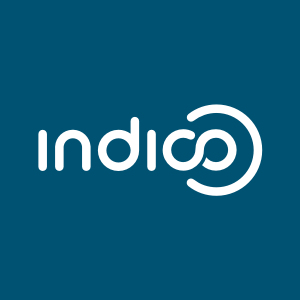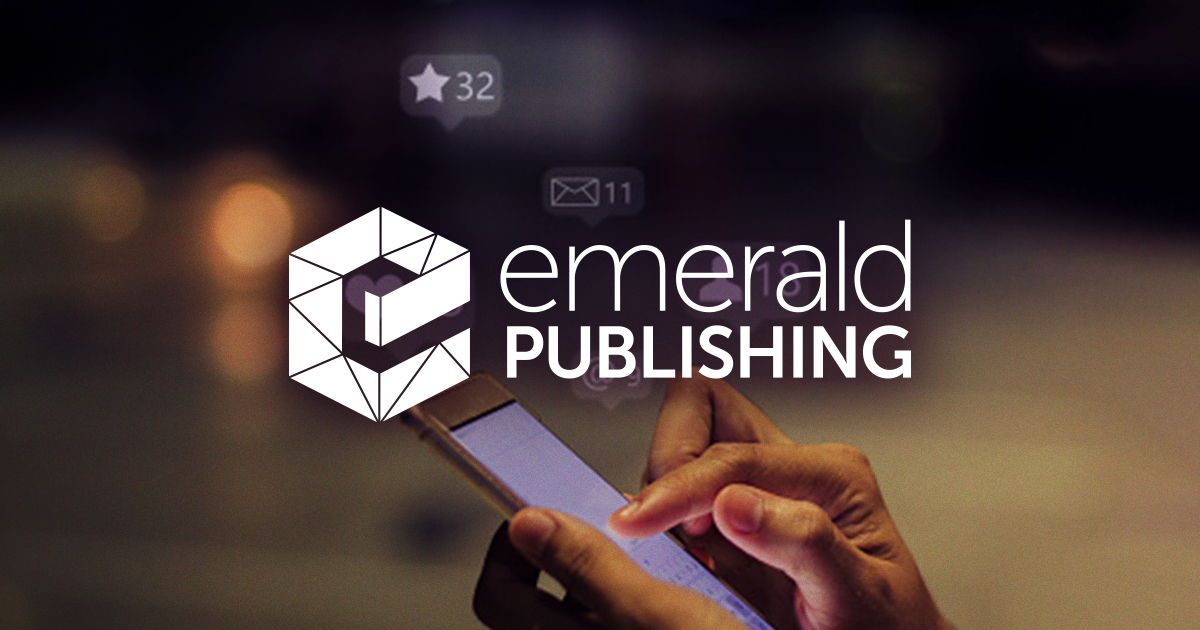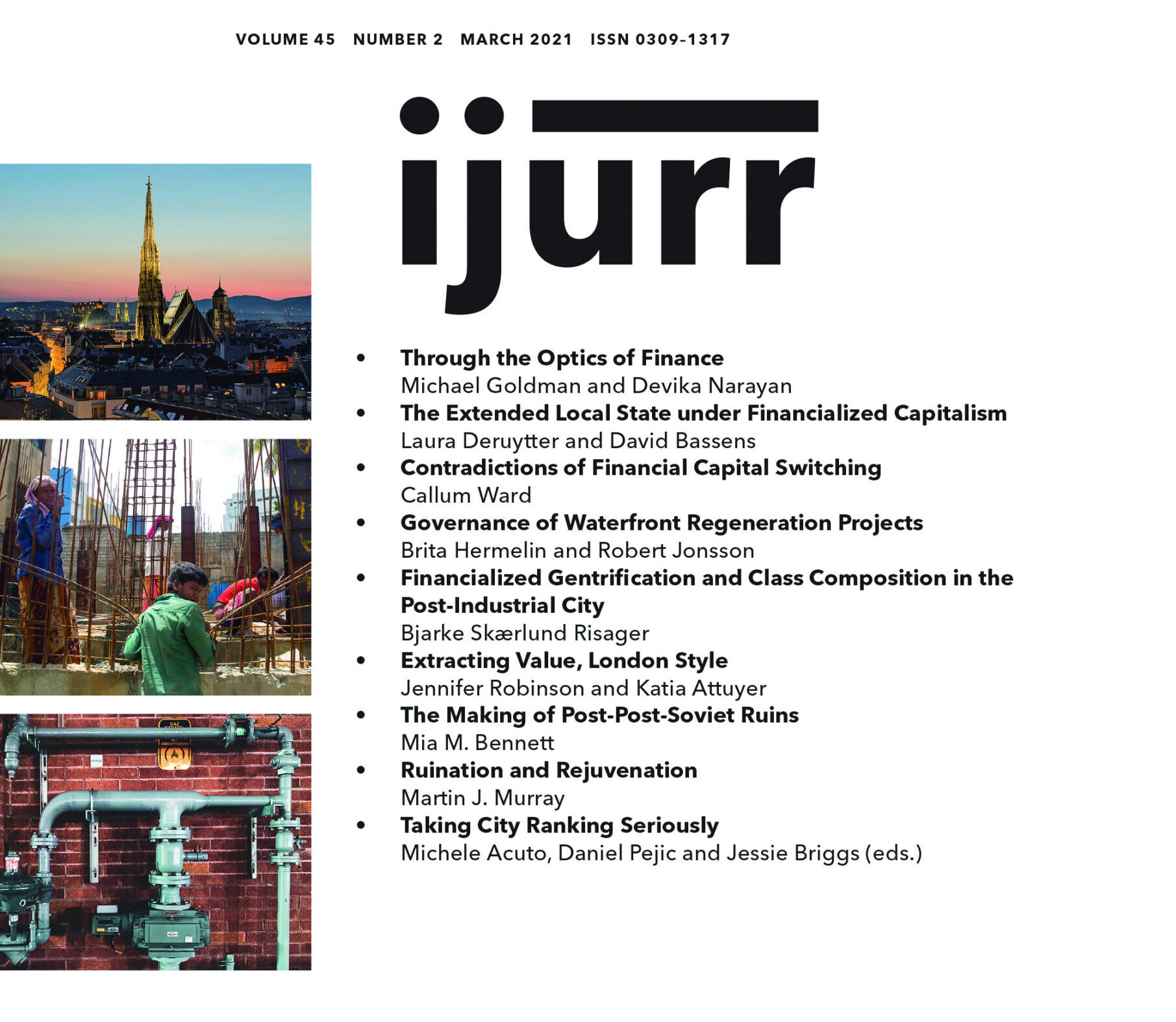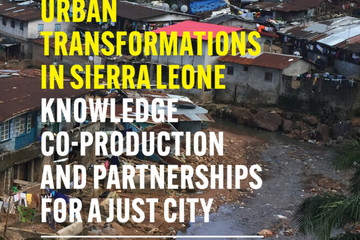Browse
Other
Apply Now: BRACE Award Venture Competition 2025
Deadline: Mar 15, 2025
Donor: AIM-HI Accelerator Fund
Grant Type: Events
Grant Size: $500,000 to $1 million
Countries/Regions: All Countries
Area: Business & Industry, Businesses, Companies and Enterprises, Cancer, Technology
The AIM-HI Accelerator Fund is proud to present the BRACE Award Venture Competition 2025 in collaboration with their partner organization, the Asian Fund for Cancer Research (AFCR)!
For more information, visit https://aim-hiaccelerator.org/brace-apply/
Premium Link: https://grants.fundsforngospremium.com/opportunity/op/apply-now-brace-award-venture-competition-2025
By:
Baboki Gaolaolwe-Major
Wednesday, Jan 8, 2025
SCIENCE, TECHNOLOGY AND INNOVATION
+1
No Preview Available
Leave a comment
(Un)Freedom in Global Perspective. Actors – Perceptions – Agencies
The international conference "(Un)Freedom in Global Perspective: Actors – Perceptions – Agencies" will take place on 3–4 February 2025, in Innsbruck. This event brings together scholars to explore the multifaceted experiences of individuals and communities characterized as "unfree," including those in slavery, captivity, serfdom, and imprisonment. Challenging static and binary concepts of freedom and unfreedom, the conference examines nuanced forms of agency within local, regional, and global frameworks of the early modern and modern periods. Through diverse case studies, the programme highlights overarching trends, offering comparative perspectives and fresh insights into historical continuities, transformations, and lived experiences of (un)freedom.
Audience members are welcome to join virtually via the link provided in the attached program. If you are interested in attending the conference on-site, please register in advance by contacting Florian Ambach (florian.ambach@uibk.ac.at and Sabine Robic (sabine.robic@uibk.ac.at).
Contact Email
florian.ambach@uibk.ac.at
URL
https://conferences.uibk.ac.at/event/44/
By:
Baboki Gaolaolwe-Major
Wednesday, Jan 8, 2025
OTHER

No Preview Available
Leave a comment
CFPs: Kenya-UK PACT Clean Energy Transition Program
Deadline: Jan 29, 2025
Donor: UK PACT (Partnering for Accelerated Climate Transitions)
Grant Type: Grant
Grant Size: $100,000 to $500,000
Countries/Regions: Kenya
Area: Capacity Building, Community Development, Energy, Public Health, Information Technology, Innovation
The UK PACT (Partnering for Accelerated Climate Transitions) is seeking proposals for the Clean Energy Transition Program.
For more information, visit https://www.ukpact.co.uk/kenya-country-fund-cleanenergytransition-call-for-proposals
Premium Link: https://grants.fundsforngospremium.com/opportunity/op/cfps-kenyauk-pact-clean-energy-transition-program
By:
Baboki Gaolaolwe-Major
Wednesday, Jan 1, 2025
CULTURE AND SOCIETY
+1
No Preview Available
Leave a comment
Applications open for National Youth Service Programme 2025 (South Africa)
Deadline: Jan 31, 2025
Donor: South African Agency for Science and Technology Advancement
Grant Type: Events
Grant Size: Not Available
Countries/Regions: South Africa
Area: Career Development, Science, Technology, Youth & Adolescents
Applicants can now submit their applications for the South African Agency for Science and Technology Advancement’s National Youth Service Programme.
For more information, visit https://www.saasta.ac.za/programmes/nurturing-talent/
Premium Link: https://grants.fundsforngospremium.com/opportunity/op/applications-open-for-national-youth-service-programme-2025-south-africa
By:
Baboki Gaolaolwe-Major
Wednesday, Jan 1, 2025
SCIENCE, TECHNOLOGY AND INNOVATION
+1
No Preview Available
Leave a comment
CFAs: King Center's Predoctoral Research Fellows Program
Deadline: Jan 05, 2025
Donor: Stanford King Center on Global Development
Grant Type: Fellowship
Area: Education, Career Development, Research
The King Center's Predoctoral Research Fellows Program is a full-time, two-year postbaccalaureate program designed to prepare individuals for careers in academic research focused on issues related to global development.
For more information, visit https://kingcenter.stanford.edu/opportunities/prospective-predoctoral-research-fellows
Premium Link: https://grants.fundsforngospremium.com/opportunity/op/cfas-predoctoral-research-fellows-program
By:
Baboki Gaolaolwe-Major
Wednesday, Jan 1, 2025
EDUCATION
+1
No Preview Available
Leave a comment
CFAs: Emerald/CEEMAN Case Writing Competition 2025
Area: Economic Development, Research
The Emerald Publishing and The International Association for Management Development in Dynamic Societies (CEEMAN) welcome high-quality teaching cases to this joint case writing competition.
For more information, visit https://www.emeraldgrouppublishing.com/publish-with-us/publish-a-teaching-case-study/case-writing-competitions/emeraldceeman-case-writing
Premium Link: https://grants.fundsforngospremium.com/opportunity/op/cfas-emeraldceeman-case-writing-competition-2025
Deadline: Feb 28, 2025
Donor: Emerald Publishing
Grant Type: Events
Grant Size: $1000 to $10,000
By:
Baboki Gaolaolwe-Major
Wednesday, Jan 1, 2025
OTHER

No Preview Available
Leave a comment
Entries open for Space4Youth Competition 2025
Area: Science, Technology, Youth & Adolescents
The United Nations Office for Outer Space Affairs (UNOOSA) and the Space Generation Advisory Council (SGAC) are thrilled to announce the sixth edition of the Space4Youth Competition.
For more information, visit https://spacegeneration.org/space4youth-competition-2025
Premium Link: https://grants.fundsforngospremium.com/opportunity/op/entries-open-for-space4youth-competition-2025
By:
Baboki Gaolaolwe-Major
Saturday, Dec 7, 2024
SCIENCE, TECHNOLOGY AND INNOVATION
+1

No Preview Available
Leave a comment
CFAs: IJURR Foundation Majority Regions Workshops
Deadline: Jan 31, 2025
Donor: IJURR Foundation
Grant Type: Events
Grant Size: $1000 to $10,000
Countries/Regions: Afghanistan, Angola, Bangladesh, Benin, Bhutan, Bolivia, Burkina Faso, Burundi, Cambodia, Cameroon, Cape Verde, Central African Republic, Chad, Comoros, Congo (Brazzaville), Congo DR, Cote DIvoire (Ivory Coast), Djibouti, Egypt, Eritrea, Ethiopia, Gambia, Ghana, Guinea, Guinea-Bissau, Haiti, Honduras, India, Jordan, Kenya, Kiribati, North Korea, Kyrgyzstan, Laos, Lebanon, Lesotho, Liberia, Madagascar, Malawi, Mali, Mauritania, Micronesia Federated States Of, Morocco, Mozambique, Burma(Myanmar), Nepal, Nicaragua, Niger, Nigeria, Pakistan, Palestinian Territories, Papua New Guinea, Philippines, Rwanda, Samoa, Sao Tome And Principe, Senegal, Sierra Leone, Solomon Islands, Somalia, Sri Lanka, Sudan, Swaziland, Syria, Tajikistan, Tanzania, East Timor (Timor-Leste), Togo, Tunisia, Uganda, Uzbekistan, Vanuatu, Viet Nam, Yemen, Zambia, Zimbabwe, South Sudan
Area: Community Betterment, Community Development, Education, Literacy, Youth & Adolescents
The IJURR Foundation is pleased to announce its call for Majority Regions Workshops.
For more information, visit https://www.ijurr.org/ijurr-foundation/grants/ijurr-foundation-majority-regions-workshops/
Premium Link: https://grants.fundsforngospremium.com/opportunity/op/cfas-ijurr-foundation-majority-regions-workshops
By:
Baboki Gaolaolwe-Major
Saturday, Dec 7, 2024
YOUTH EMPOWERMENT
+1

No Preview Available
Leave a comment
Tackling Urban Challenges in Freetown
With over 1 million residents, Freetown, Sierra Leone’s capital, faces critical challenges in housing, infrastructure, and service provision—issues intensified by climate change. Many residents live in informal settlements; up to 70% of the population works in the informal sector.
In response, the Sierra Leone Urban Research Centre (SLURC) was established in 2015 to address these pressing issues through research, capacity building, and advocacy, focusing on health, land, housing, and mobility. SLURC has become a vital platform for dialogue, bringing together urban stakeholders to shape Freetown’s future.
Urban Transformations in Sierra Leone captures SLURC’s impactful journey, showcasing key findings from diverse research projects and highlighting the power of transdisciplinary collaboration.
Discover how knowledge and partnerships are reshaping Freetown.Download the book for free: https://ow.ly/AivJ50UlstO
By:
Baboki Gaolaolwe-Major
Saturday, Dec 7, 2024
CULTURE AND SOCIETY
+1

Leave a comment
Leadership and Advocacy for Women in Africa Fellowship Program
Deadline: Jan 17, 2025
Donor: Georgetown Law
Grant Type: Fellowship
Grant Size: $10,000 to $100,000
Countries/Regions: Algeria, Angola, Benin, Botswana, Burkina Faso, Burundi, Cameroon, Cape Verde, Central African Republic, Chad, Comoros, Congo (Brazzaville), Congo DR, Cote DIvoire (Ivory Coast), Djibouti, Egypt, Equatorial Guinea, Eritrea, Ethiopia, Gabon, Gambia, Ghana, Guinea, Guinea-Bissau, Kenya, Lesotho, Liberia, Libya, Madagascar, Malawi, Mali, Mauritania, Mauritius, Mayotte, Morocco, Mozambique, Namibia, Niger, Nigeria, Reunion, Rwanda, Saint Helena, Sao Tome And Principe, Senegal, Seychelles, Sierra Leone, Somalia, South Africa, Sudan, Swaziland, Tanzania, Togo, Tunisia, Uganda, Western Sahara, Zambia, Zimbabwe, South Sudan
Area: Leadership, Women & Gender
The Georgetown Law organization awaits entries for its Leadership and Advocacy for Women in Africa (LAWA) Fellowship Program.
For more information, visit https://www.law.georgetown.edu/wlppfp/lawa-fellowship-program/
Premium Link: https://grants.fundsforngospremium.com/opportunity/op/Leadership-and-Advocacy-for-Women-in-Africa-Fellowship-Program
By:
Baboki Gaolaolwe-Major
Sunday, Nov 24, 2024
OTHER
No Preview Available
Leave a comment
Grants for advance Innovative Solutions for Maternal, Newborn and Child Health
Deadline: Jan 31, 2025
Donor: Grand Challenges Nigeria
Grant Type: Grant
Grant Size: $10,000 to $100,000
Countries/Regions: Nigeria
Area: Children, Family, Family Health, Health, Innovation
The Grand Challenges Nigeria is inviting grant applications for Maternal & Child Health to identify and support innovative, scalable ideas and interventions that leverage local contexts to address critical challenges in maternal, newborn, and child health, ultimately prioritizing human health and development.
For more information, visit https://scienceforafrica.foundation/media-center/grand-challenges-nigeria-launch-funding-call-maternal-child-health
Premium Link: https://grants.fundsforngospremium.com/opportunity/op/grand-challenges-nigeria-funding-call-for-maternal-child-health
By:
Baboki Gaolaolwe-Major
Sunday, Nov 24, 2024
SCIENCE, TECHNOLOGY AND INNOVATION
+1
No Preview Available
Leave a comment
Join the FINISH Mondial's Annual Sanitation Technology Hackathon 5
Deadline: Feb 28, 2025
Donor: FINISH Mondial
Grant Type: Events
Grant Size: $1000 to $10,000
Countries/Regions: Bangladesh, Ethiopia, India, Kenya, Tanzania, Uganda
Area: Community Development, Rural Development, Urban Development, Innovation
Calling all innovators! Register now for Sanitation Technology Hackathon 5 and make a sustainable impact by submitting your innovative solutions for urban slums.
For more information, visit https://finishmondial.org/calling-all-innovators-join-our-5th-santech-hackathon/
Premium Link: https://grants.fundsforngospremium.com/opportunity/op/Join-the-FINISH-Mondial's-Annual-Sanitation-Technology-Hackathon-5
By:
Baboki Gaolaolwe-Major
Sunday, Nov 24, 2024
OTHER
No Preview Available

Leave a comment